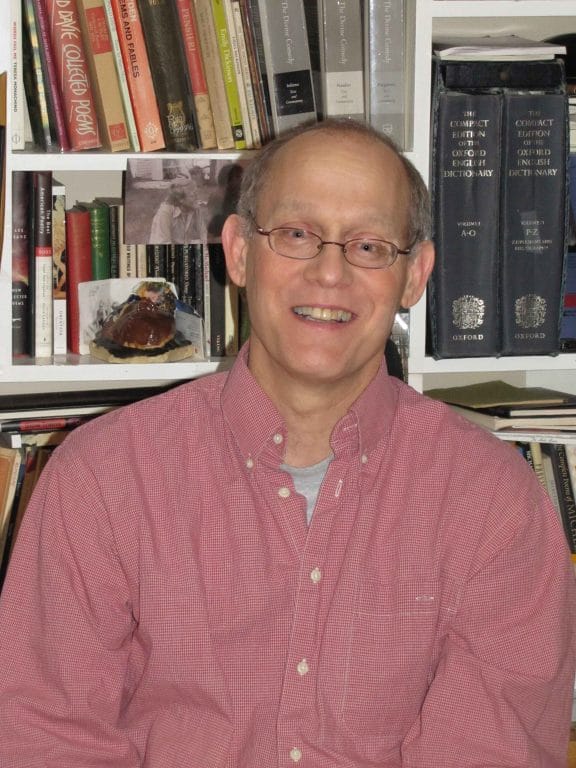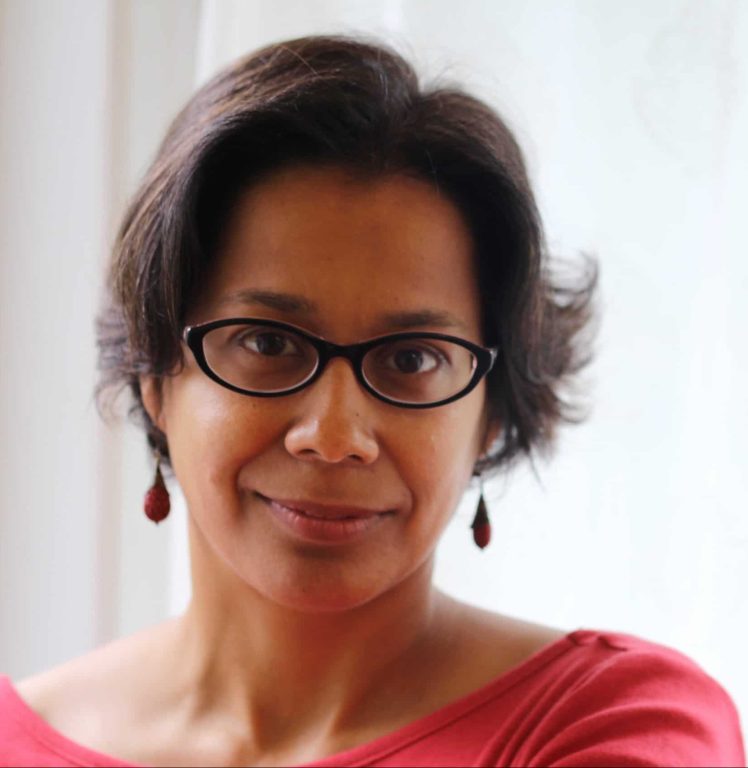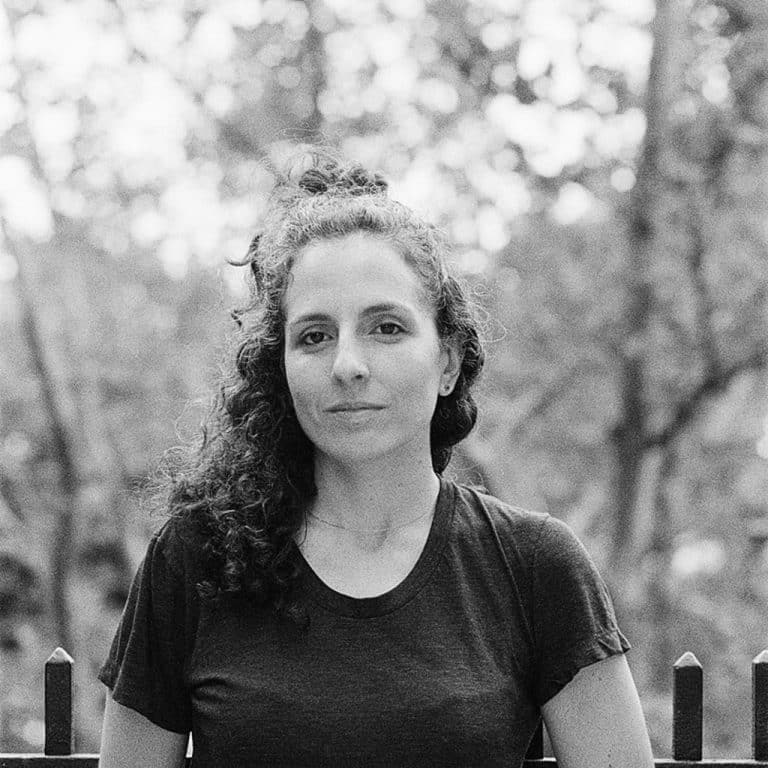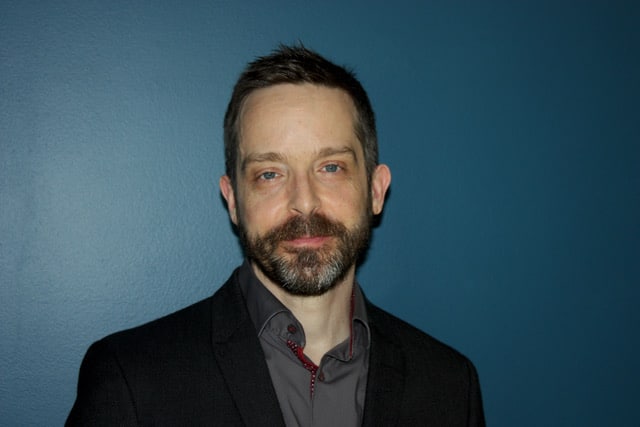As we’ve mentioned before, when it was recognized with the Griffin Poetry Prize in 2008, Robin Blaser’s The Holy Forest was over five decades in the perpetual making … and amending, and augmenting. “Liveforever” is a concise, potent selection both illustrative of Blaser’s many powers and gifts and emblematic of how his work has endured and will endure.
The Griffin Poetry Prize citation for The Holy Forest, which combines the observations of the Griffin judges and reviewer Brian Fawcett, describes beautifully how the collection holds within it Blaser’s intellectual rigour, disciplined craft, ongoing scrutiny of that craft, all leavened with fine and well directed wit.
“There is an irony in the presumption that the universe contains the ‘collected’ poems of Robin Blaser. Within the five hundred pages of The Holy Forest moves a lifetime’s thought such as we are not used to or prepared for. Whitman was not fooling when he said that a poet, an extraordinary poet, can himself be a cosmos. But as sidereal as Blaser’s lines become, we never forget that the purpose is human living every day inside what is. In a review of an earlier volume with the same title (bravely published in Canada by Coach House and later listed by Talonbooks), Brian Fawcett wrote: ‘His truest poetic instinct is that cosmology is at once humanity’s fundamental pursuit – and the source of our most screamingly funny ironies, misapprehensions and pratfalls.’ Blaser is solemn enough to approach Dante Alighieri as a ‘Great Companion,’ and serious enough to maintain that ‘the truth is laughter’ we might find some afternoon on the darkest pavement.”
In “Liveforever”, Blaser takes a weighty question:
“‘Where is Abraham buried?'”
and immediately responds to it with invitingly colloquial irreverence:
“Well, in the Kabbalah, God has a terrible time getting Abraham to agree to die.”
The entire poem has a breezy, good-humoured tone (“Now”, “I would say”, “There’s only so much”). The tone does not mean, however, that the narrator is making casual or facile assertions, but rather is applying an open, warm, accessible nature to potentially fraught subject matter, as religion in general and different religious interpretations of something in particular can be. The inconclusive but fair summing-up of “a post-Catholic, polytheist exodic” makes for a fine punchline.
The phrase “a creation in language that is never still” at the mid-point of the poem offers sly, delicious ambiguity. It’s also testament to the importance of revision that Blaser observed, and to the value of finding new revelations in language with every new visit and reconsideration.
“Abraham … is not dead.” Nor is the poet.




